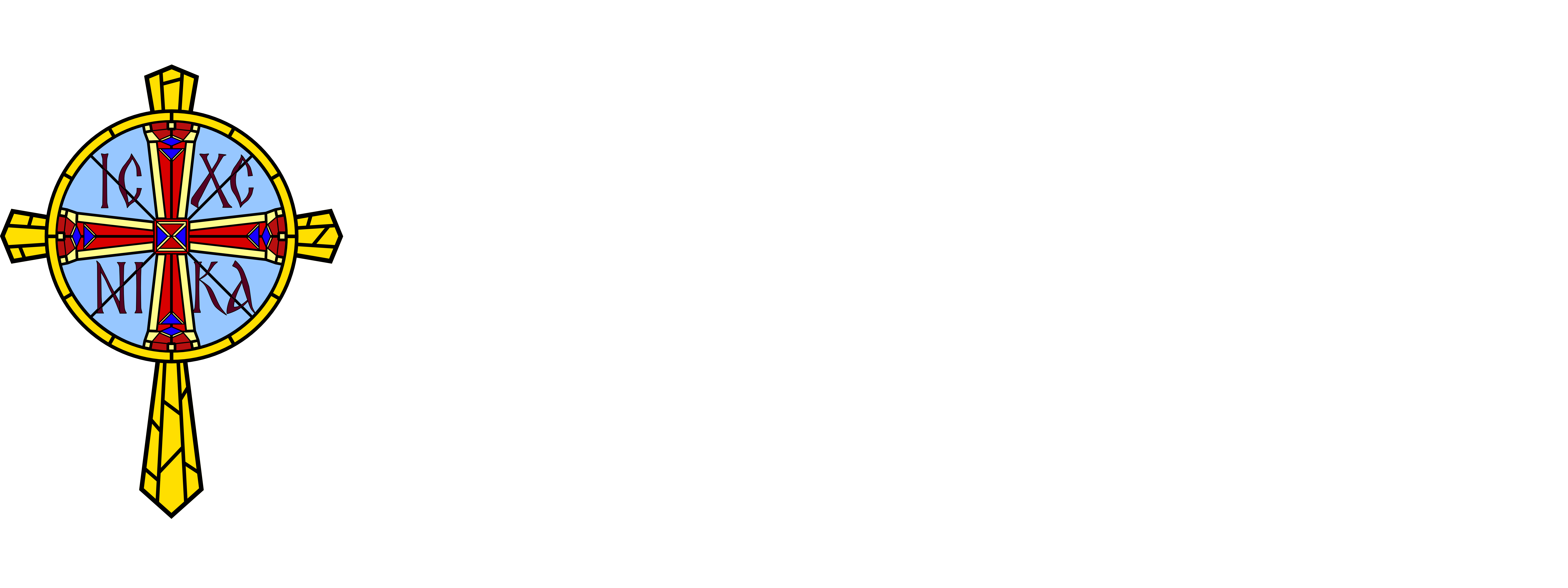How to Become An Orthodox Christian
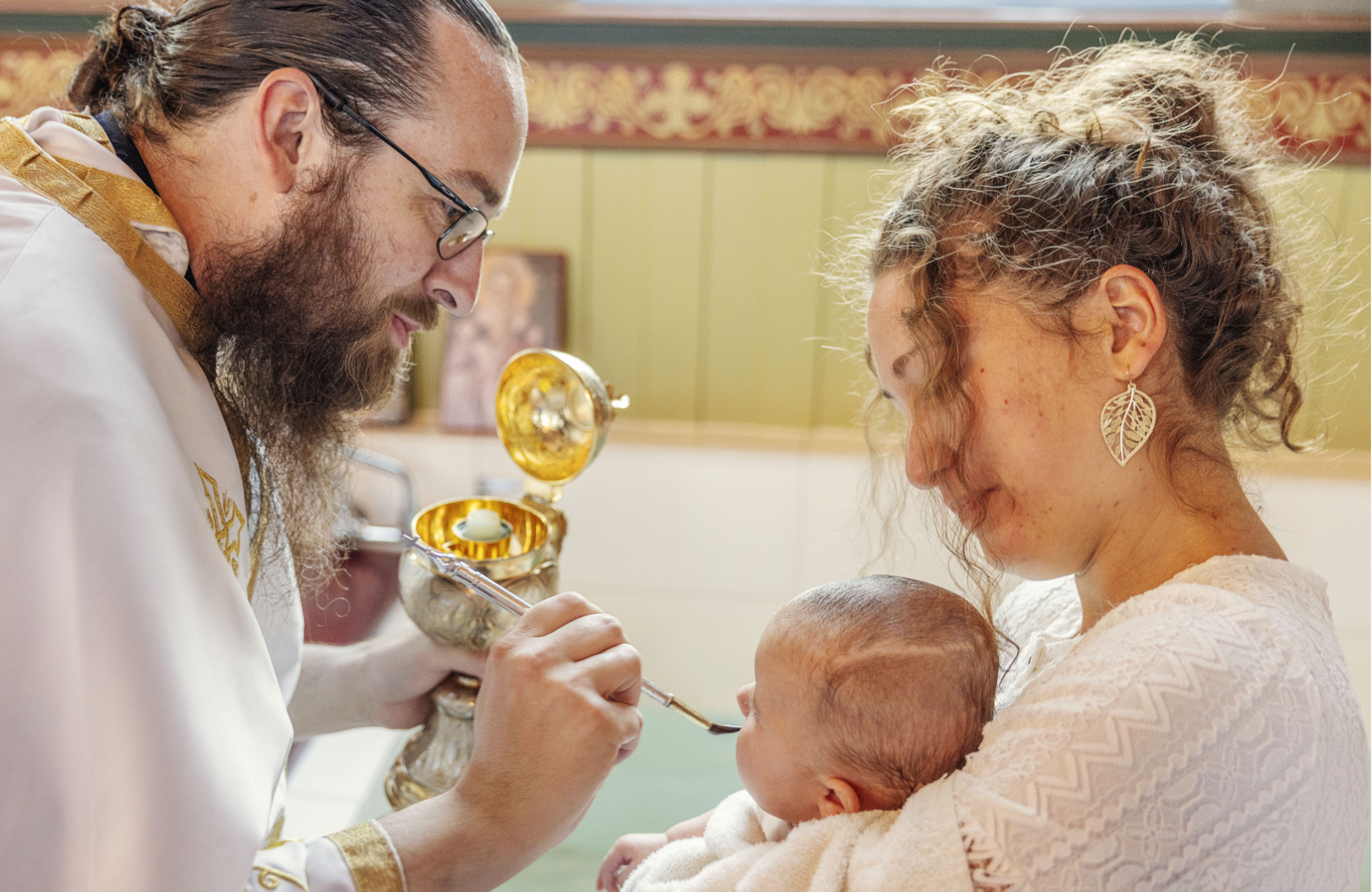
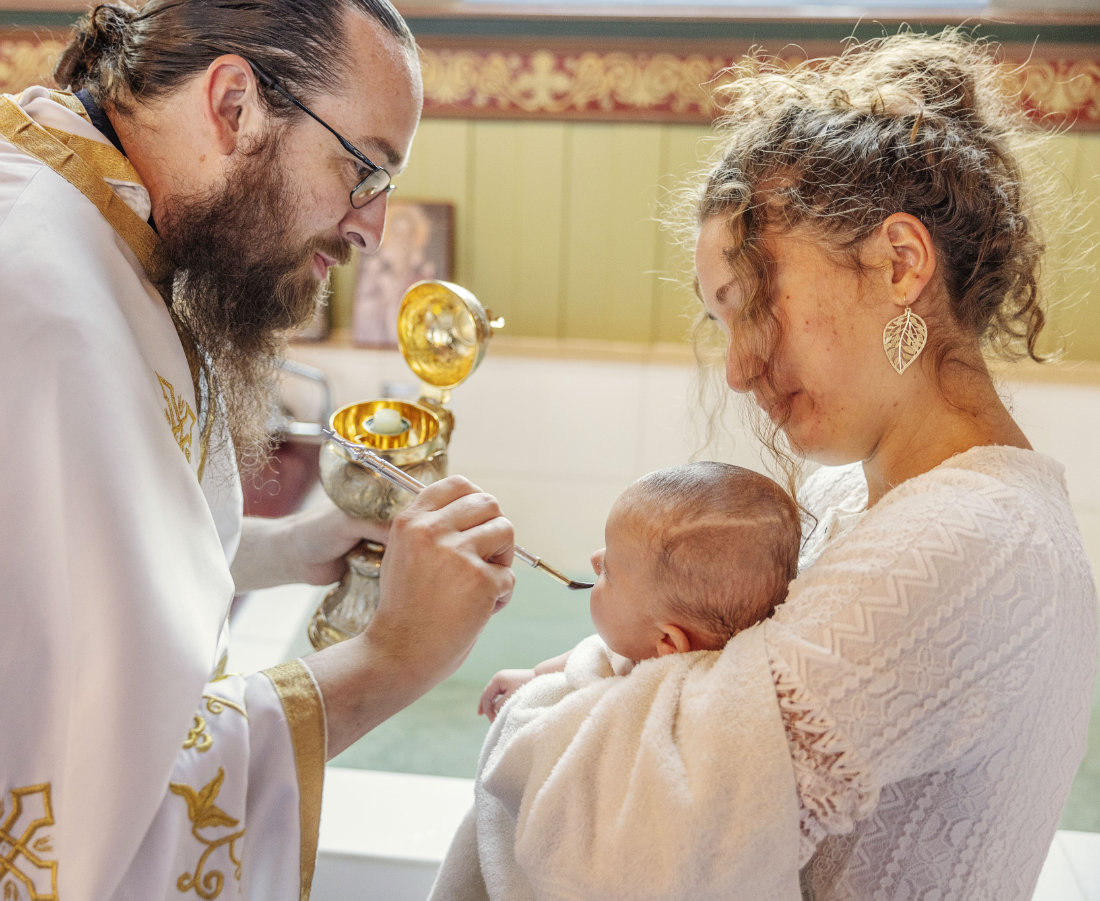

The Royal Path
“The process of becoming an Orthodox Christian can be compared very closely to the process of becoming a married person, for it involves the same basic movements of courtship, engagement, and marriage. When a person first becomes interested in the Orthodox Church, a series of initial interactions take place. Perhaps one visits for a Liturgy, researches Orthodoxy on-line, or engages in a conversation with a friend who is Orthodox. If these initial interactions are blessed, a more studied process of inquiry follows which can be compared to the process of courtship. One who launches into this dance with the Church is called by the Church an inquirer or a seeker.” – Fr. Josiah Trenham Ph.D, Starting Down the Royal Path: How to Become an Orthodox Christian
However, if Sunday morning is not ideal, we have the Divine Liturgy many times throughout the week, as well as other services where you can visit and experience the ancient faith.
After launching into the “dance” as an inquirer for at least a month and determining with their Priest that it is appropriate for them, one can then become a Catechumen and begin formal preparation for being received into the Orthodox Christian Church. Becoming a Catechumen is done simply, typically before a Divine Liturgy, when the Priest reads a prayer over the inquirer officially listing him/her in the “catechumenate.”
Each catechumen receives a packet with all of the requirements for the catechumenate, a couple of laminated icons, and other information.
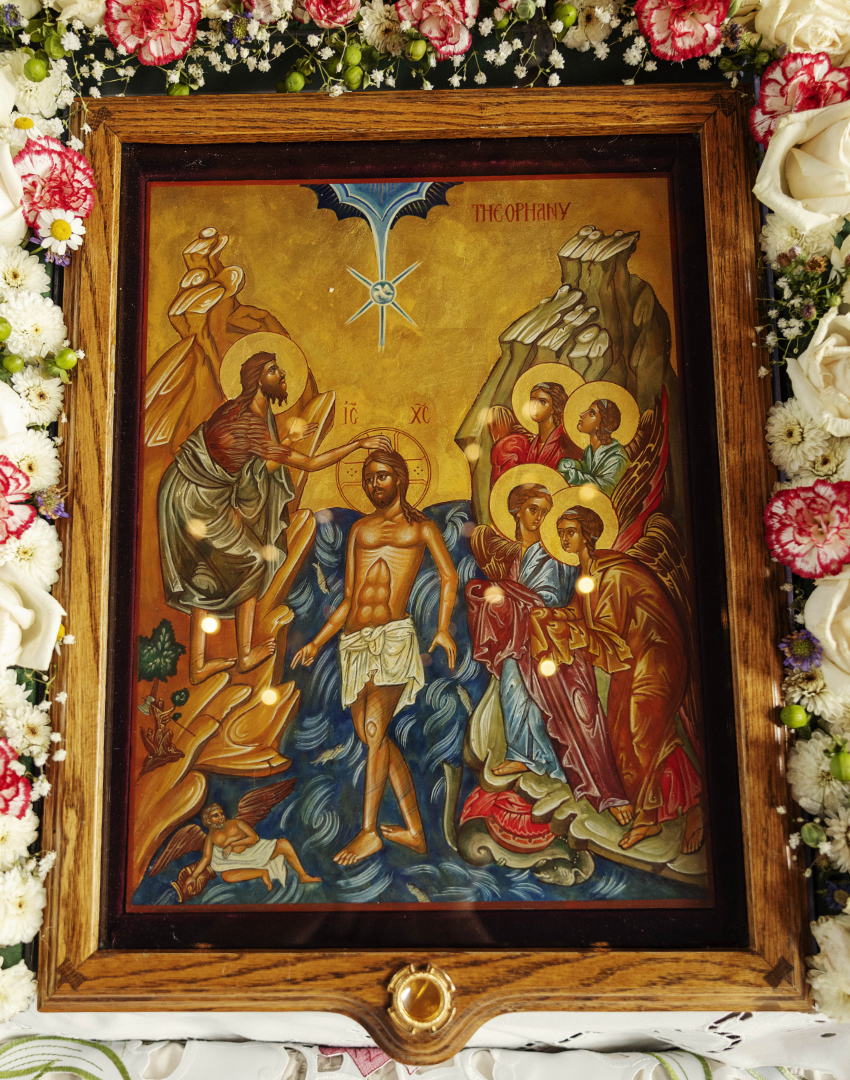
What is a Catechumen?
In the ancient Church, the catechumenate, or time during which one is a catechumen, often lasted for as much as three years and included not only participation in the Divine Services but also catechesis, or formal instruction from a teacher, often the Bishop or appointed catechist. Catechumens are understood to be Christians upon beginning their catechumenate, and should they die before baptism, they are traditionally given an Orthodox funeral.
As the Church eventually became the majority religion of the lands in which it sojourned, the catechumenate as an institution gradually died out in many places, as most Christians were being baptized shortly after birth. As Orthodoxy has moved into the West and Far East and begun gaining converts to the faith, the catechumenate has been significantly rejuvenated.
Catechetical instruction in Orthodoxy in America does not typically last the three years but typically lasts from nine months to a year, depending on the practice of the Priest and his parish, the guidance of his Bishop, and the spiritual preparation and maturity of the catechumen.
The Orthodox Church has no formal catechism, a single body of work that details the specifics of its faith.
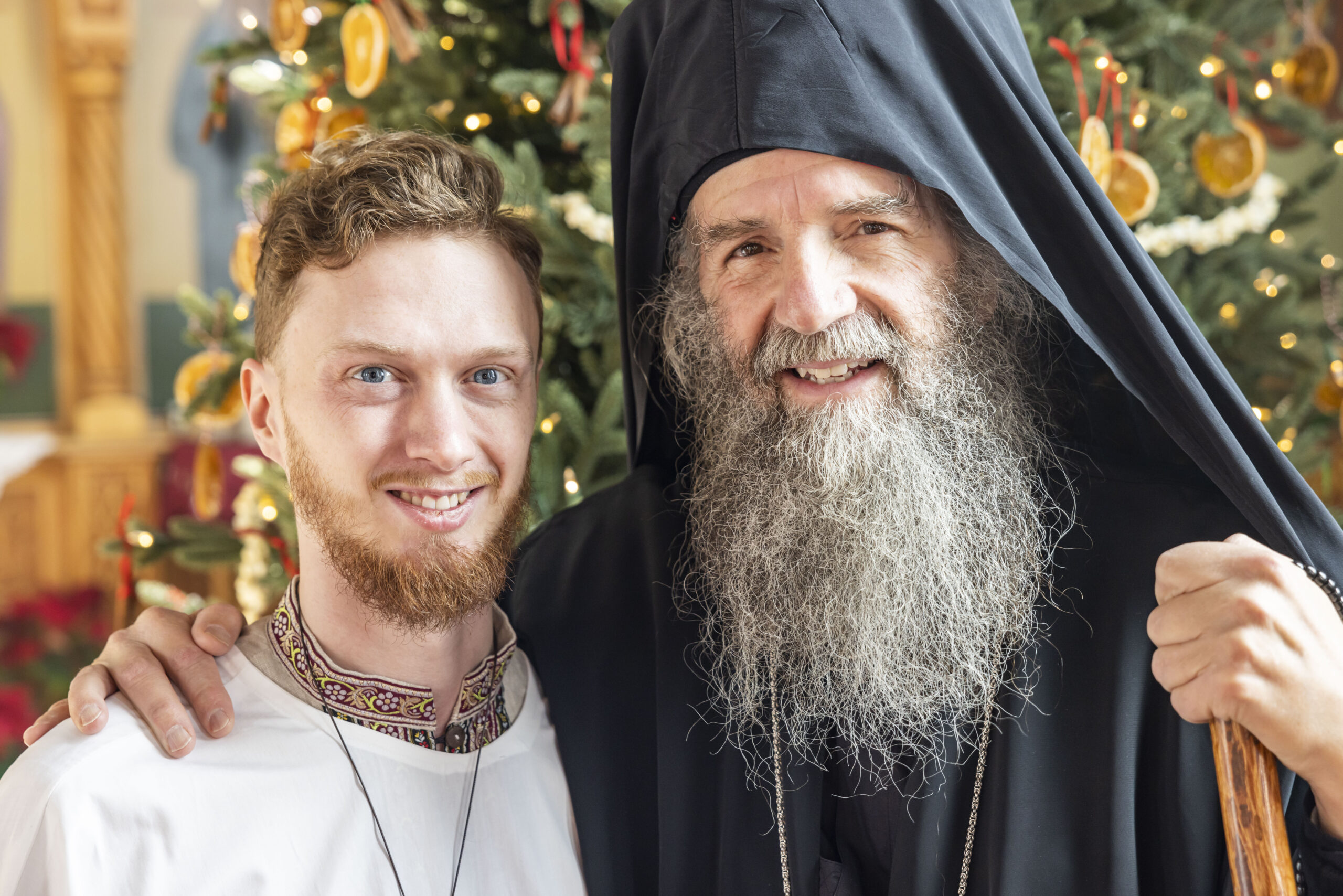
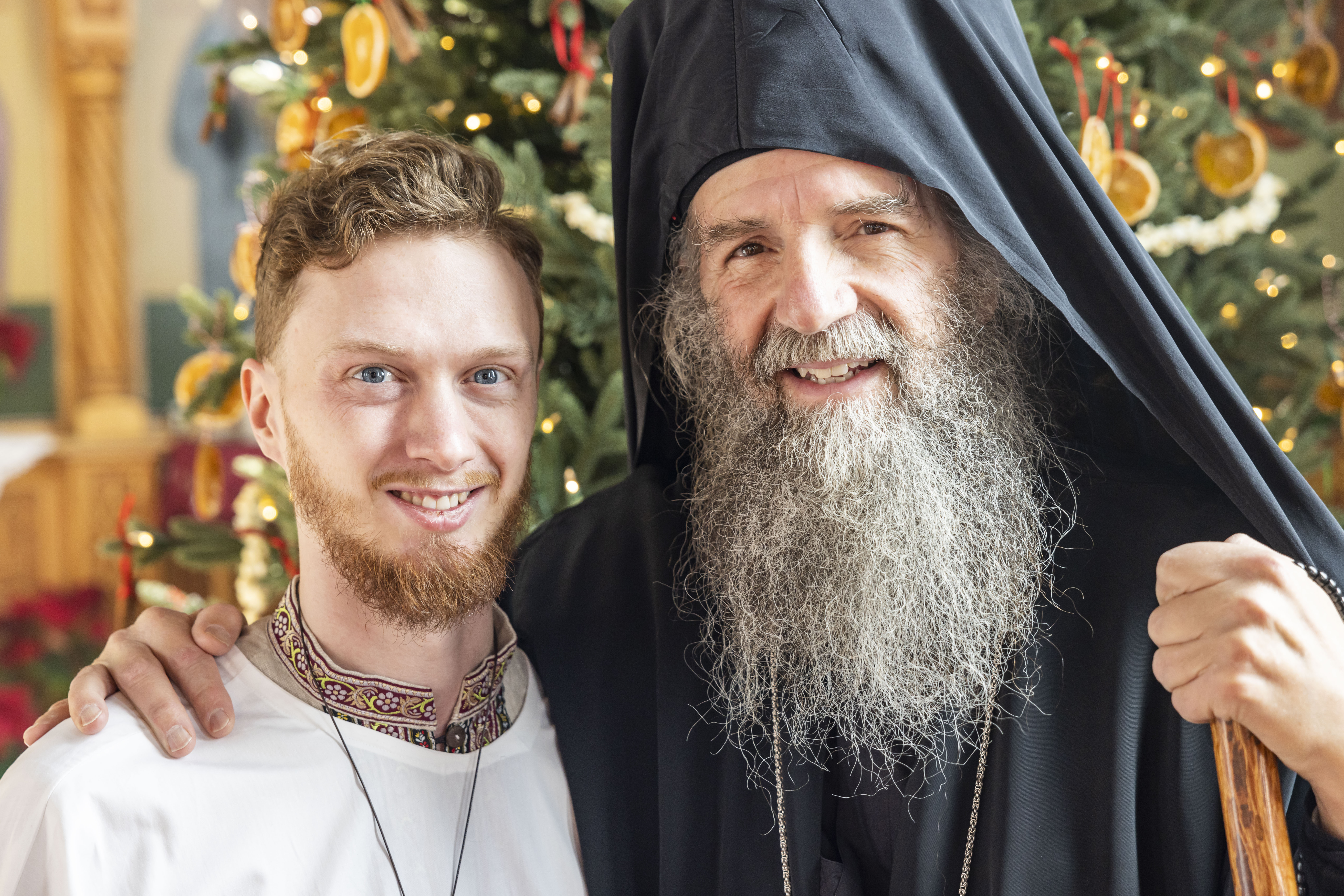
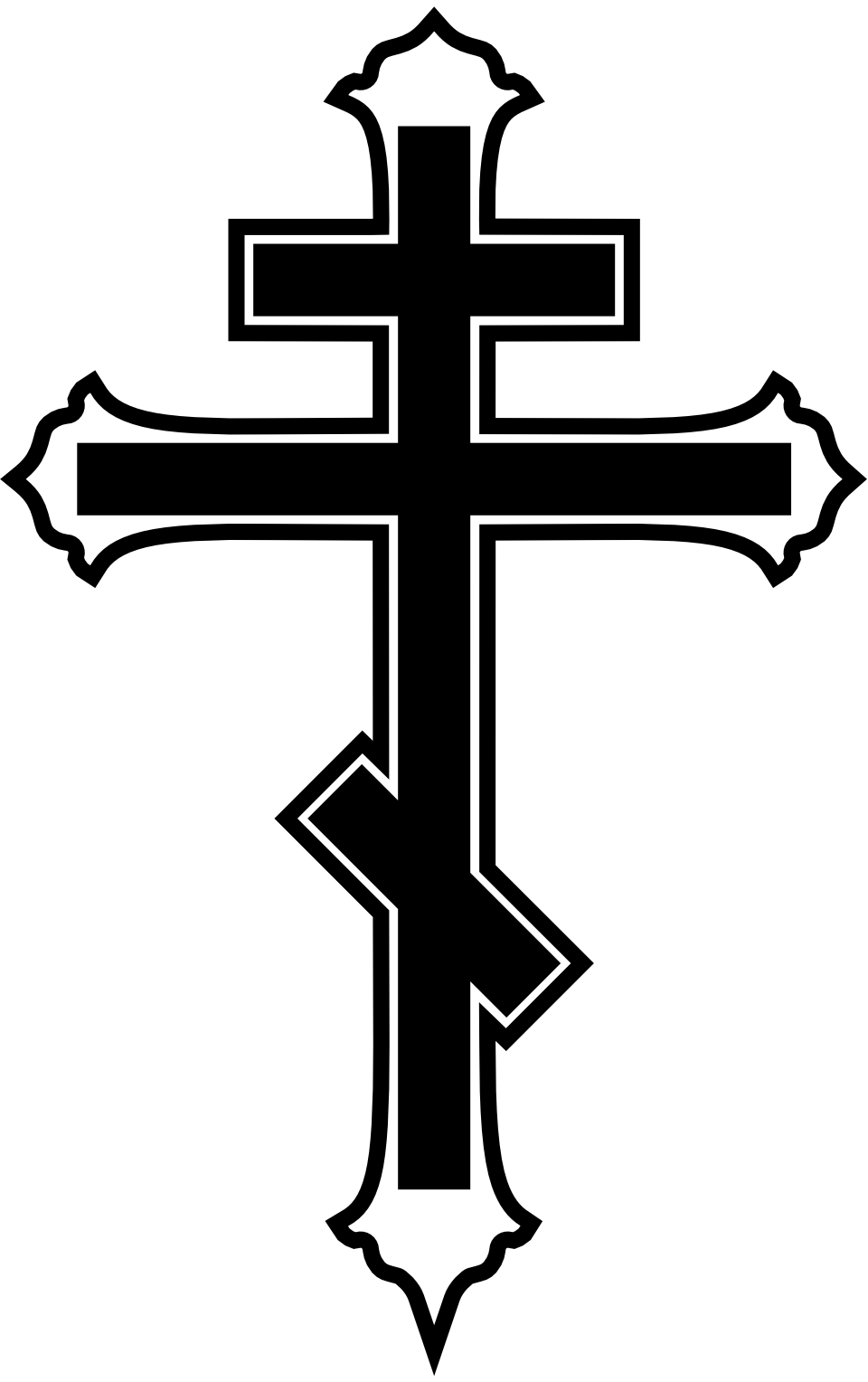
Sts. Peter and Paul Catechumen Requirments:
by Fr. Paul Trubenbach
1. Catechumen Classes
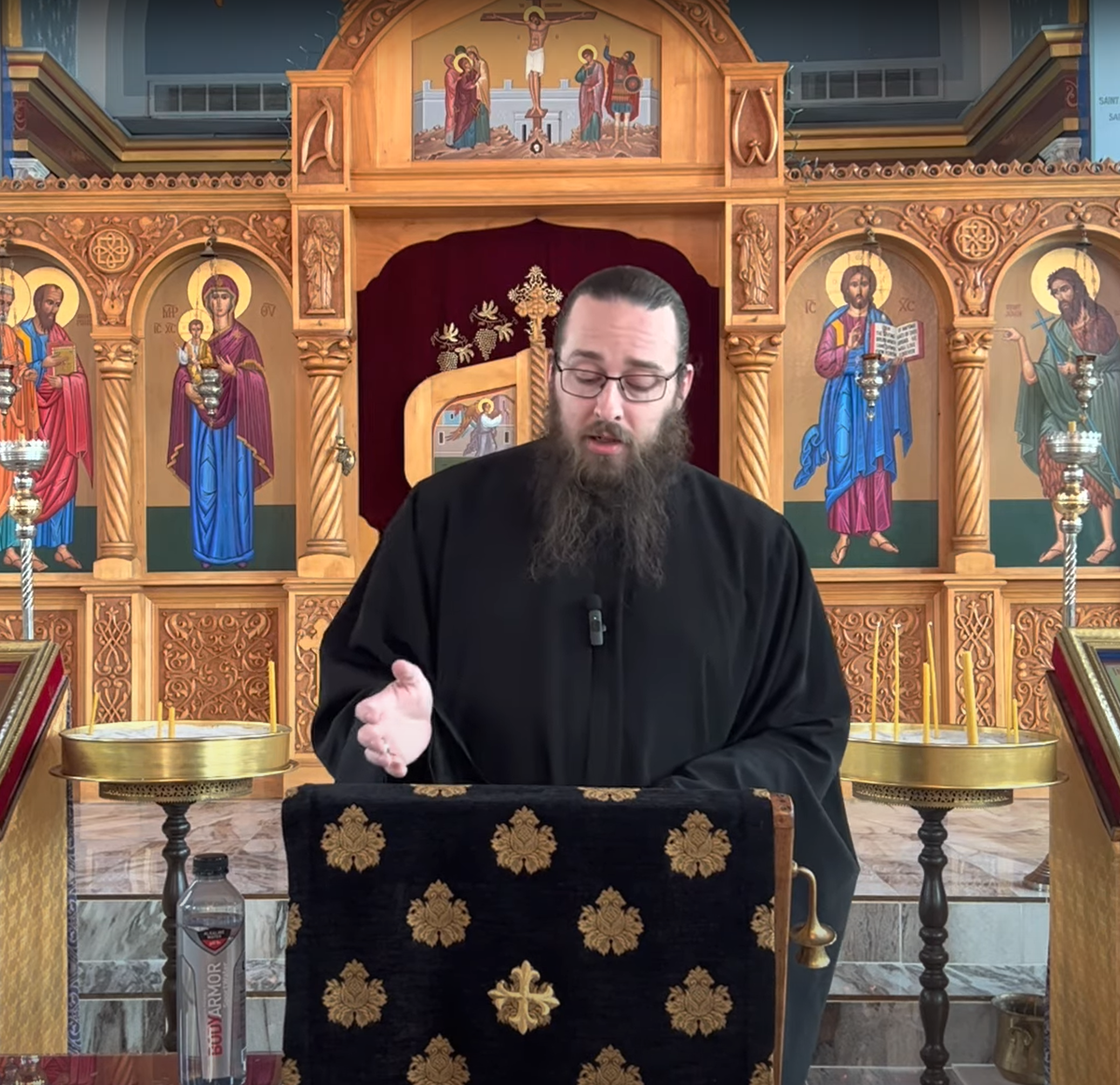
Catechumens are required to attend a series of classes prior to Baptism and Chrismation. Attendance at all classes is mandatory unless one receives a blessing to be absent from the Priest. Catechism classes typically begin in the Fall.
At the current time, due to time constraints, the parish’s catechism classes can be found online here.


2. Attendance at Divine Services
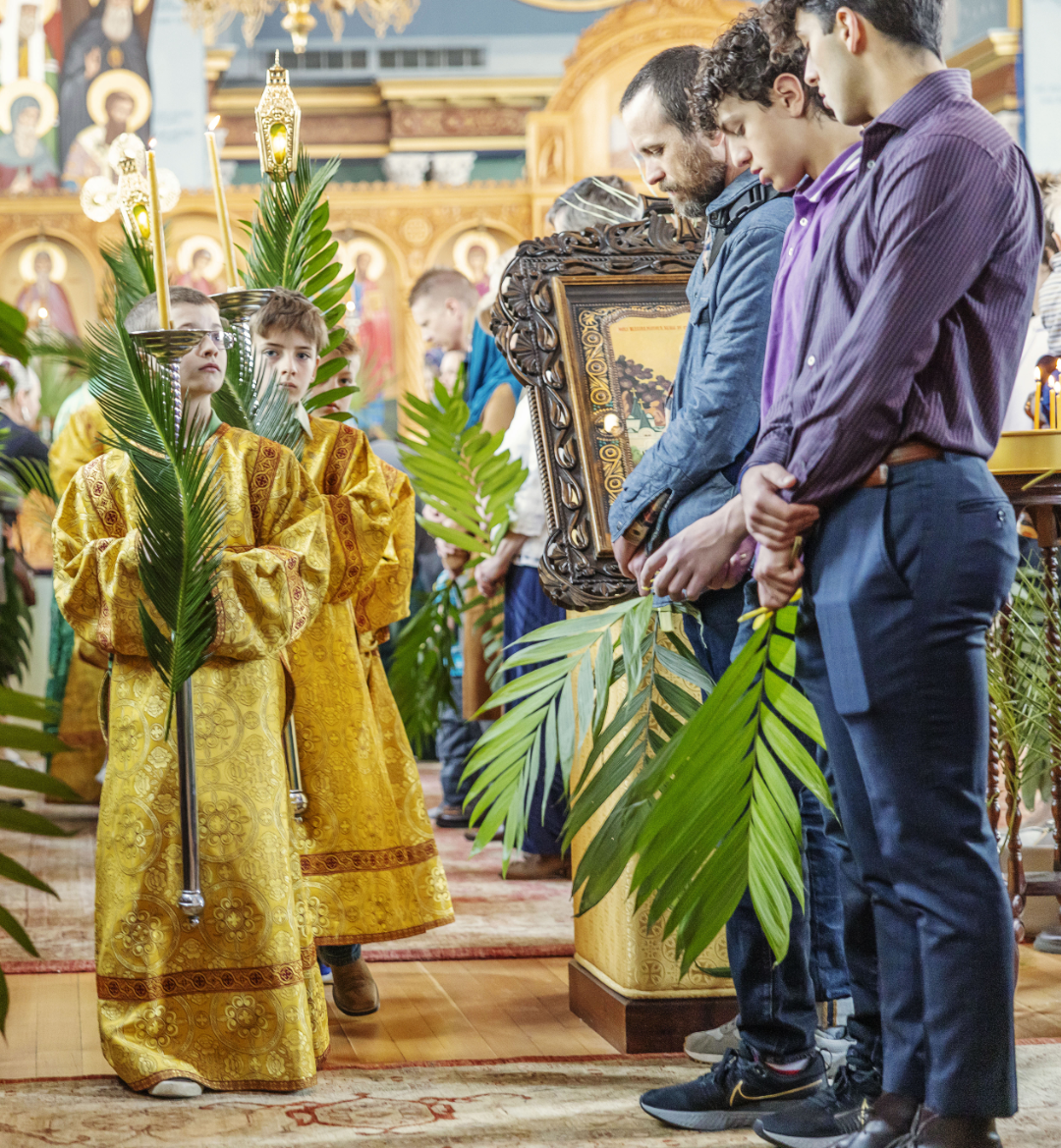
Catechumens are expected to participate in the life of the Church to the best extent that they can. This means coming Saturday evening and Sunday morning services, as well as attending during the week, when possible.
In addition to this, it is very important for catechumens – and all Orthodox Christians – to attend major Feastdays throughout the year and Lenten Services during Great and Holy Lent before Pascha (Easter).


3. Regular Meetings with the Priest
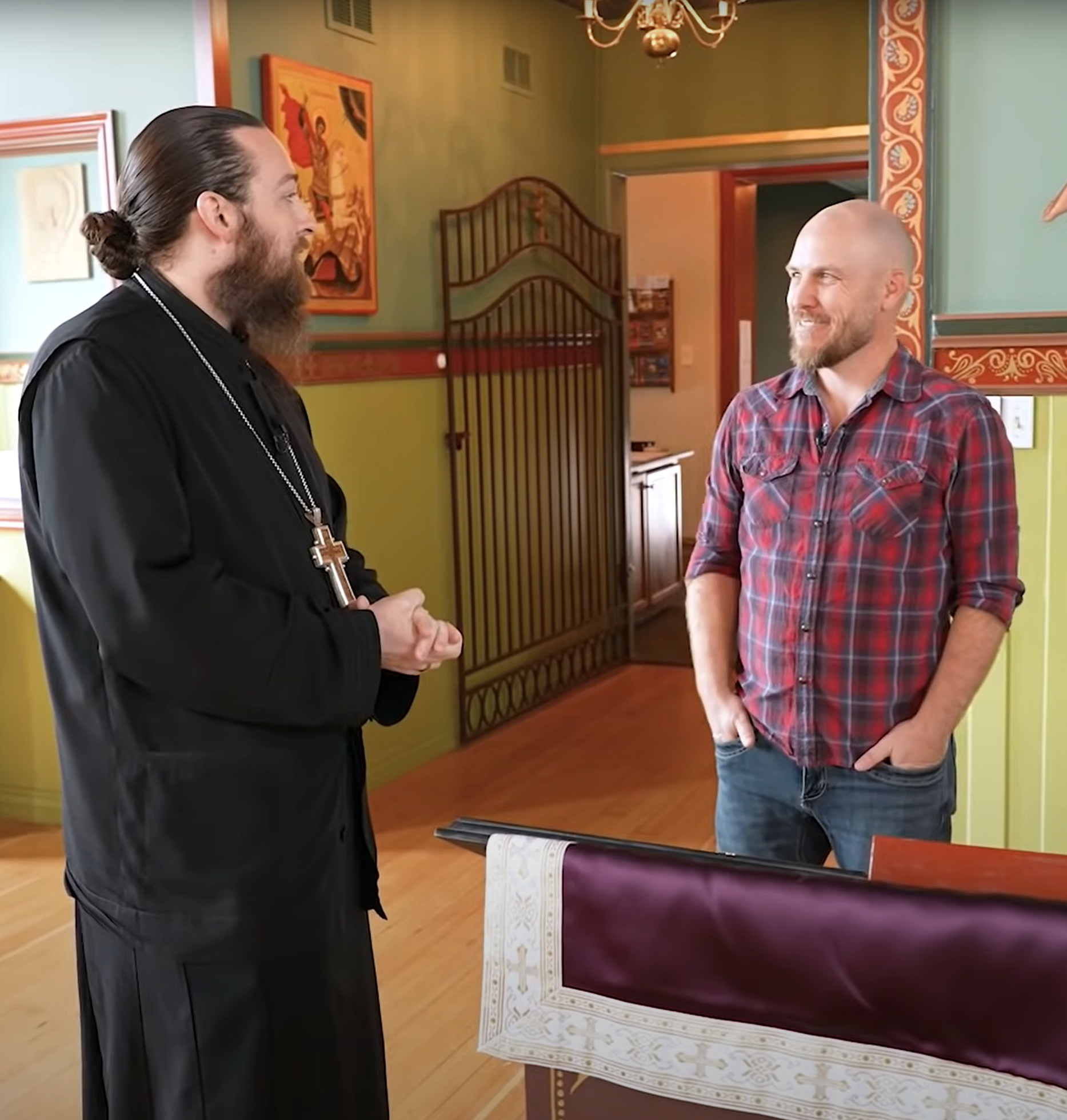
Catechumens are required to meet with the Priest every month and a half, at the very least. At these meetings, they will get a prayer rule (a set of prayers to be prayed morning and evening) and a fasting rule. These meetings are also the opportunity for the catechumen to ask any questions of the Priest one-on-one.
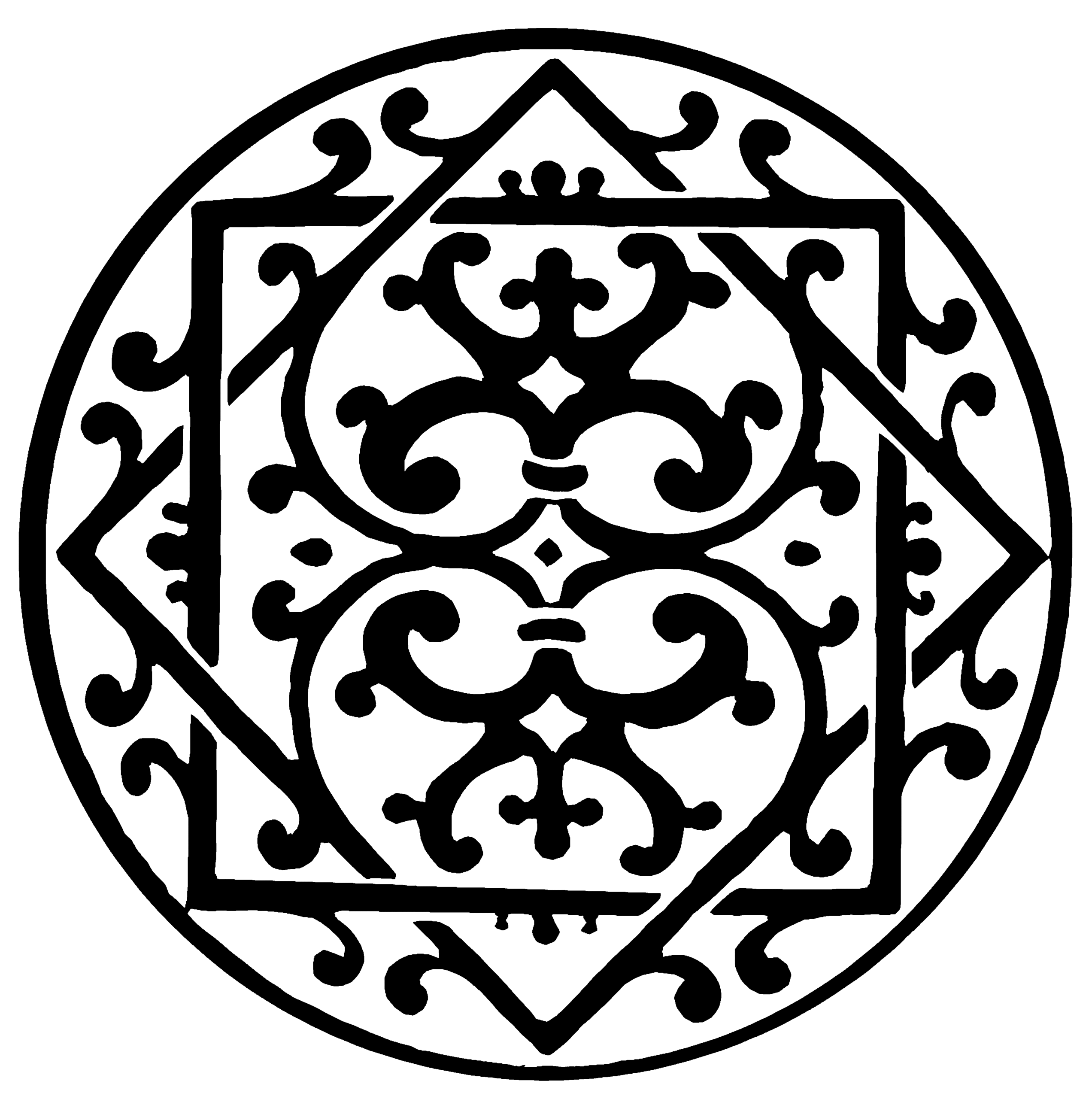

4. Required Reading
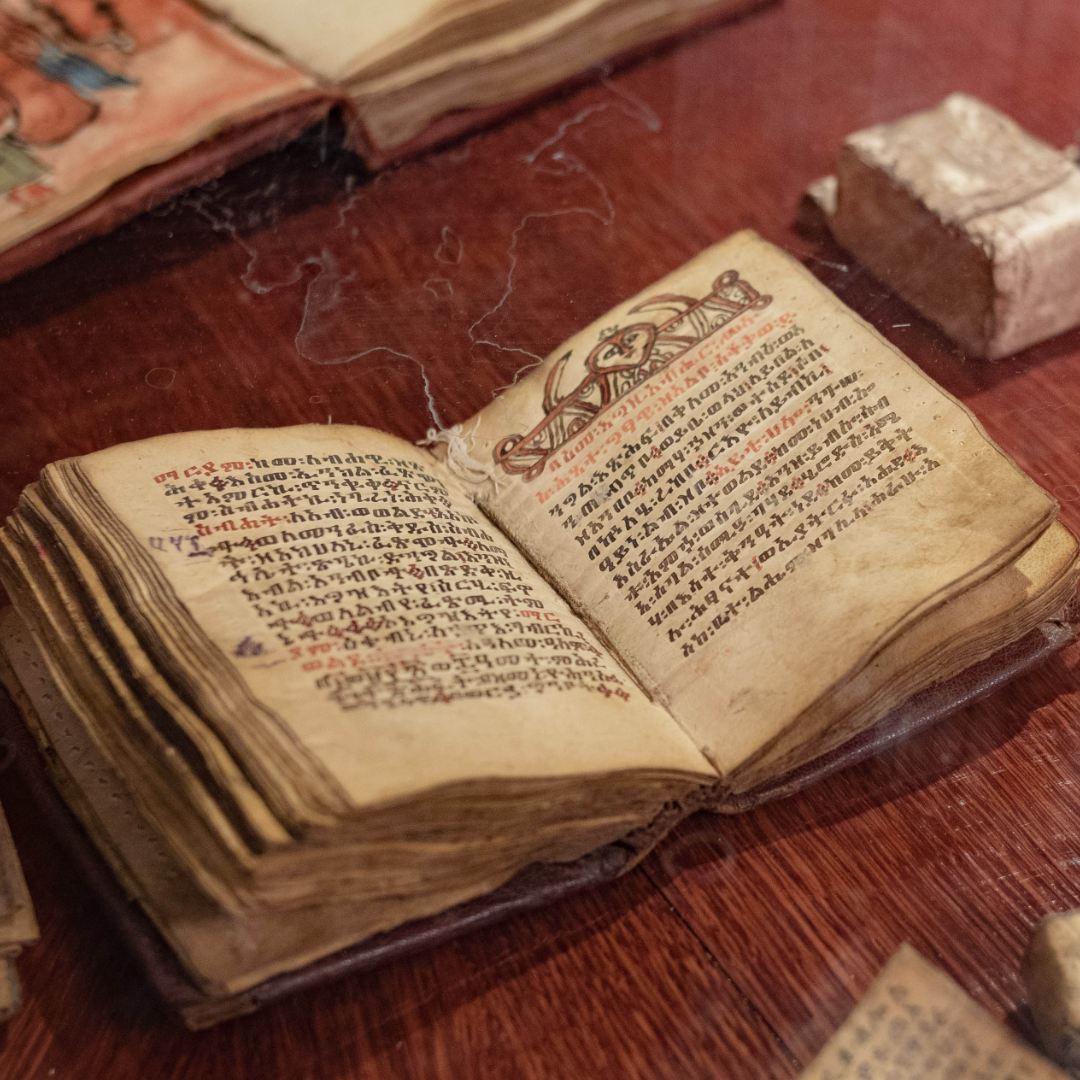
To be read before baptism:
– Wisdom for Today from the Early Church: A Foundational Study, by David Ford
– Know the Faith, by Fr. Michael Shanbour
– Thinking Orthodox, by Dr. Eugenia Constantinou
– On the Incarnation, by St. Athanasios
– Father Arseny, 1893-1973: Pries, Prisoner, Spiritual Father, translated by Vera Bouteneff
– The Way of the Pilgrim and the Pilgrim Continues His Way, by an Anonymous author
– The Illnes and Cure of the Soul in the Orthodox Tradition, by Metropolitan Hierotheos Vlachos
– The Mountain of Silence, by Kyriacos Markides
Important note: This is an incredible book, introducing readers to basic Orthodox spirituality, spiritual principles, and many modern Saints of the Church. Everything said by Fr. Maximus in the book is completely Orthodox and worthy of attention. The author (Markides), however, takes a modern, syncretistic viewpoint that often skews Fr. Maximus’ words. Markides’ interpretation is not only faulty; it is, at times, dangerous. Please disregard his analysis and stick with Fr. Maximus’ words directly. Note especially that Markides’ chapter on the difference between Eastern and Western Christianity is particularly problematic.
To be read in the year following baptism:
Note: These can be read during catechumenate period as well
– Knowledge of God, by Harry Boosalis
– God’s Revelation to the Human Heart, by Fr. Seraphim Rose
– The Field, by St. Ignatius Brianchaninov
– Wisdom from Mount Athos: The Writings of Staretz Silouan, by Archimandrite Sophrony
– The Truth of our Faith, by Elder Cleopa
– Our Thoughts Determine Our Lives: The Life and Teachings of Elder Thaddeus
– From I-ville to You-ville, by Mersine Vigopoulo; a children’s book, but one that should be read by every Orthodox Christian!
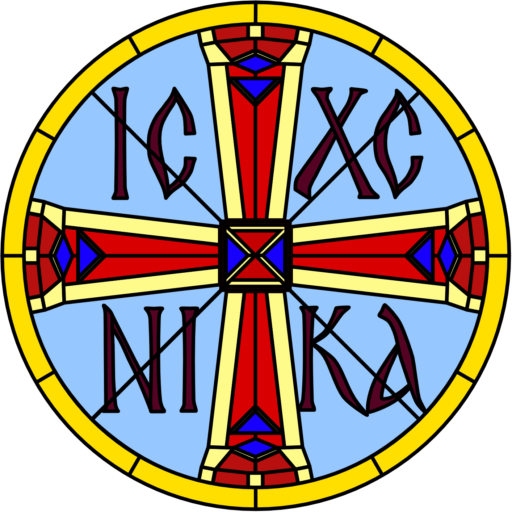

6. Other Requirements
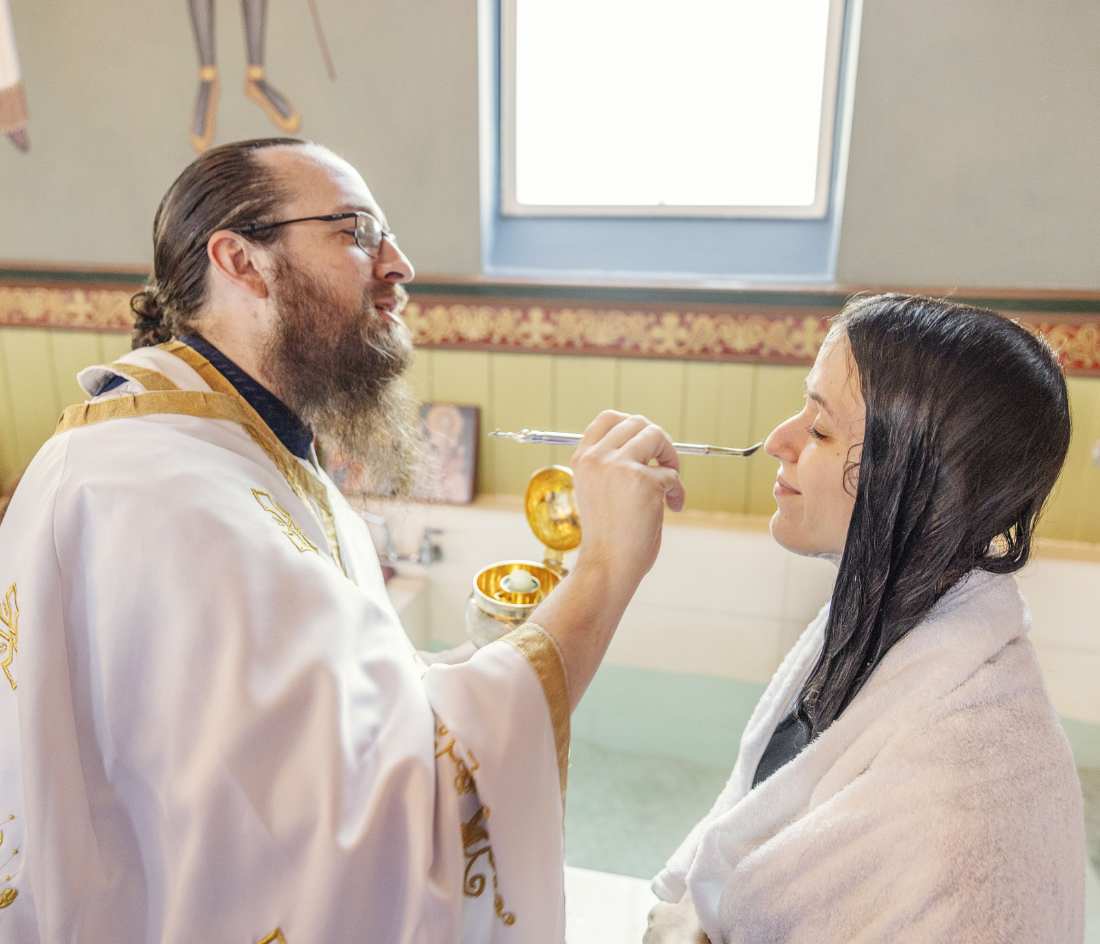
- If the new catechumen was registered on the membership role of another religious body, the catechumen must write to this body and ask to be removed from their previous membership roster before being made a catechumen. This is exceedingly important should the catechumen die during catechism so that the Orthodox burial may take place unhindered.
- Present yourself for the Catechumen Litany in the weekly Sunday service.
- Prepare and make a Life Confession. This is typically made in the week before Baptism. Instructions for the Life Confession will be sent after the Catechumen has been given a date for Baptism by the Priest.
- Visit at least two other Orthodox parishes or monasteries during catechumenate and provide this information to Fr Paul. Be sure to discuss this with Fr Paul before attending other parishes or monasteries.
- Begin tithing. It is understood that every God-loving Orthodox Christian, from becoming a catechumen will tithe (typically 10%, though this is up to each Christian and is never checked by the Priest) to support their holy church from their money, time, and talent. It is better to give than to receive!
- Fill out the baptism certificate information form and return to Fr. Paul with a $10 check made to “Antiochian Archdiocese” for your Baptism/Chrismation certificate.
- You will need to pick a Patron Saint. Please discuss this with the Priest as you prepare for Baptism.
- You will need to find a Godparent/Sponsor. You must discuss your choice with the Priest prior to asking the potential sponsor. The sponsor will need to be approved first by the Priest.
- Get measured for a Baptismal Robe at least a month before baptism. Adult robes are $50 and children’s robes are $30.


7. Preparing to be Received
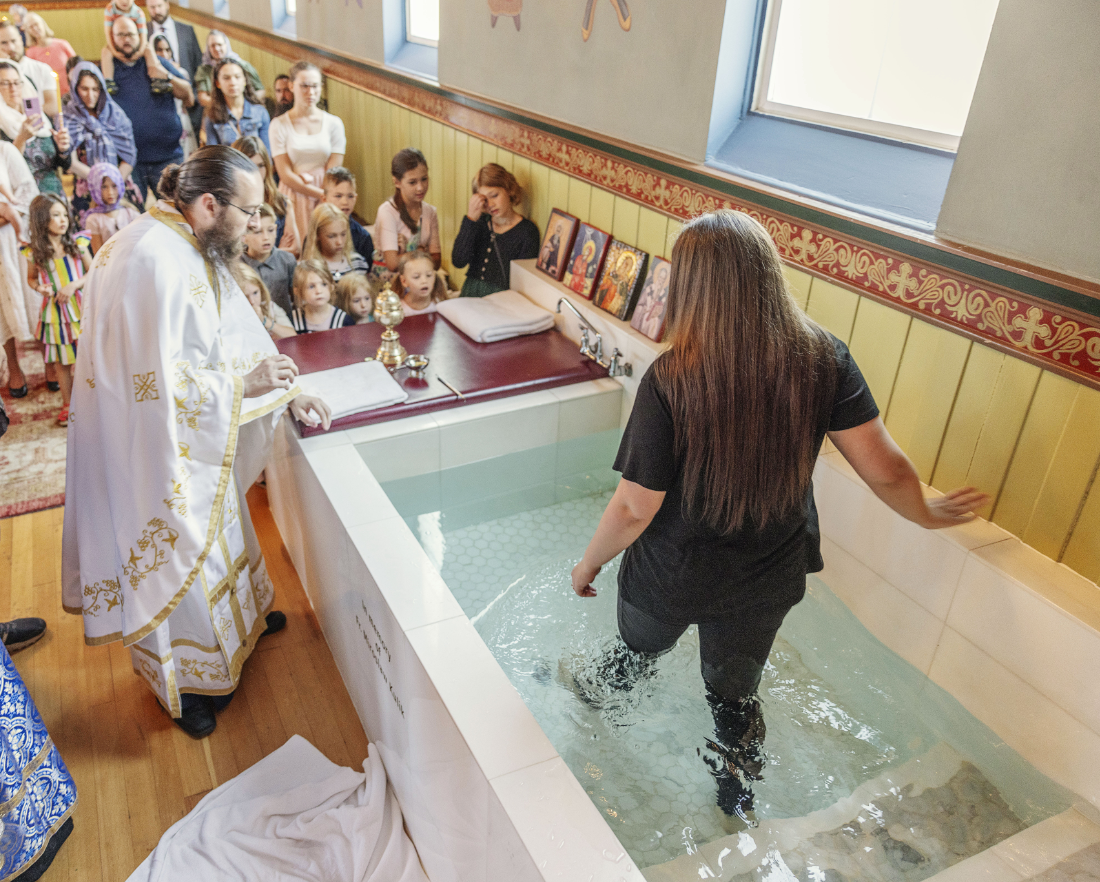
- For one’s Life Confession, listen to the lecture found here.
- You will need a baptism cross, baptism candle, and a large, white towel. One’s sponsor may purchase your cross and beeswax candle for you. The white towel will be kept by the parish.
- What to wear for baptism? Candidates will wear black clothing at their baptism. It should be loose and modest. Men can wear a large black T-shirt and long shorts. Women should wear a black one-piece bathing suit covered by a large black T-shirt or other loose garment that falls below the hips with long black shorts or leggings. After being baptized, the newly-illumined (the Orthodox term for newly-baptized) will go to a private room to change into light-colored (ideally white) clothing and their baptismal robe.
- Ideally, if the candidate or his/her Sponsor can bring an icon of each candidate’s Patron Saint, these icons will be blessed during the Baptism.
- People being received should spend time selecting a cross. If you want a costly cross, you may want to tell the Godparent/Sponsor that you are making this purchase. If your Sponsor is planning to purchase your cross, you need to discuss how it is to be selected, as some Sponsors feel that they will choose one and present it to you. It is good to work these things out in advance.
- Additional information and instructions for Baptism and Chrismation will be provided throughout the catechumenate and in the Catechism lectures.


